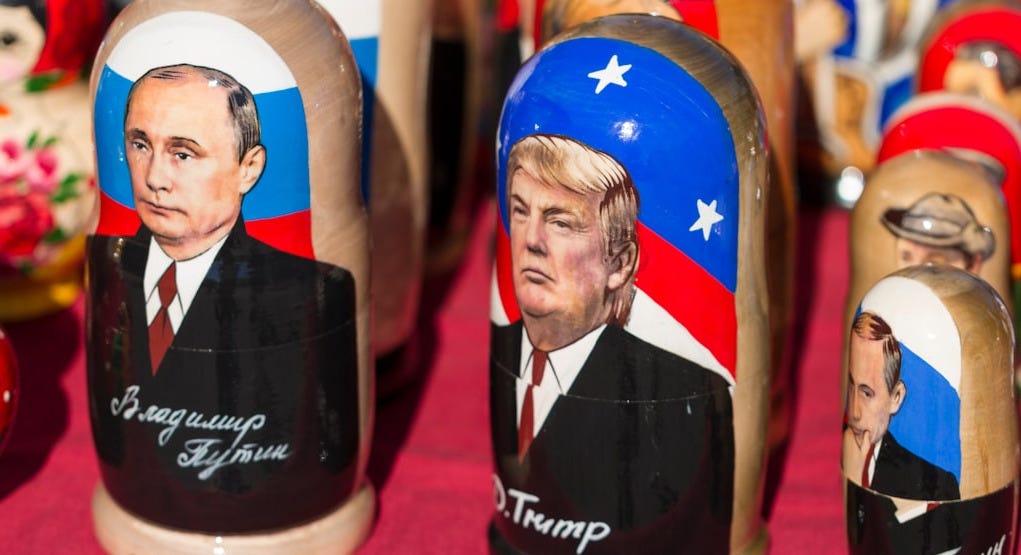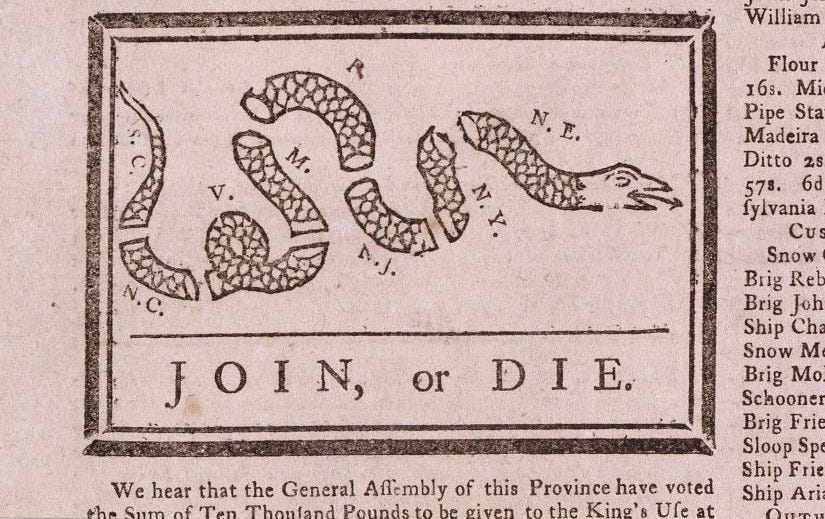With friends like this: How Trump is ushering in a golden age of animosity
What unites some of the president's most baffling policies is a general disdain for the notion of mutually beneficial relationships.
“Give up your job. Squander your cash. Be rash. Just hold on to your friends.” – Morrissey
I don’t pretend to understand the precise nature of Donald Trump’s personal relationship with Vladimir Putin, Elon Musk, Kim Jong-un, Jeffrey Epstein, Mohammed bin Salman or any of the other people with whom he has exchanged expressions of affection and even been characterized as friends. At the very least, though, Trump’s public persona is at odds with the whole notion of friendship as it’s commonly understood.
Cronies, confederates, co-conspirators – sure. But friends? Trump himself has said he doesn’t have any.
Most important for the rest of us, he is governing accordingly, rapidly ridding the country of all manner of mutually beneficial alliances, many of which have been painstakingly constructed, accumulated and nurtured over decades and centuries. For the nation’s interests and future, this could be the greatest gathering calamity of Trump’s second administration (though that’s certainly a competitive category).

One of the most persistent unanswered foreign policy questions of the new administration comes down to something like, “Why on Earth are they doing this?” Why actively menace neighbors and allies such as Canada and Greenland? Why suddenly turn on Ukraine and (futilely) attempt to align with Russia? Why impose economically ruinous tariffs worldwide and particularly on our top trading partners?
The latter is the best example of a policy without a plausible and consistent rationale. Trump and his henchmen have offered not only a constantly shifting hodgepodge of tariff policies but also a series of mutually exclusive reasons for them. They’re temporary negotiating positions and permanent revenue generators. They’re industrial policy even though we, um, don’t have an industrial policy. They’re already working brilliantly, but this also would be a good time to take a red pen to little Sutton and Kayla’s Christmas lists.
Similarly, plenty of theories have been put forward for the administration’s Ukraine policy – from, on the left, that Trump is a Russian asset to, on the right, that he is a peacemaker par excellence. But the actual thinking, goals and preliminary results are as muddled as those of the trade war. Much the same could be said for the on-again, off-again plans to annex Canada and invade Danish territory, which are either really unfunny jokes or unintentionally silly threats.
What does account for these and other pathologies of the regime is a general disdain for friendship in all its forms.
The need for friendship is so obvious to most of us as to remain largely unexamined. But it’s inscrutable to Trump and his regime. After all, its benefits are often diffuse, intangible and impossible to quantify. Preserving as much global order and prosperity as possible might sound nice to a chump, but we’ll take the camel parade and mobile McDonald’s, thanks!
The shared values, norms and aspirations that underlie our relationships with the likes of Canada and Ukraine – democracy, self-determination, rule of law, human rights – mean nothing to the administration. The proceeds of trade agreements, enormous as they may be, are so complex, widespread and long-lasting as to be effectively invisible to the president. The idea that both or all partners could benefit from the same arrangement in perpetuity and equal enough measure is suspect at best.
And yet we may well not even be a nation without friends such as France – you know, the country that helped America win the Revolutionary War and went on to give us the Statue of Liberty, lately cited as history’s most unimpeachable precedent for Trump’s extraconstitutional extortion of a gaudy airplane from an Arab emirate. As the historian Jason Opal has noted, our leaders called on the then-revolutionary concept of friendship among people and nations during the country’s formative years, upending the old order of subjugation and conquest.
Today an inordinate and apparently underappreciated degree of American power relies on our military, trade and other mutually beneficial relationships with much of the world. The Hoover Institution’s Stephen Kotkin has called the United States “an alliance, friends and partners superpower” with “nearly 80 treaty relationships with other countries. It is, he added, “a superpower that the Chinese … do not have and never will have because there's no trust inside authoritarian regimes, let alone between them, in order to have mutual obligations in a crunch moment. We have that kind of trust in our relationships.”
Or at least we did. Maybe four more years of Trump’s zero-sum-ism can’t demolish that big, beautiful diplomatic edifice, but it’s already clear that it won’t be for lack of bulldozing.
What are friends for? It’s usually meant as a rhetorical question, but for our president and his government, it’s a matter of genuine puzzlement.





Why?
The project 2025/ oligarchy simply gave trump the country as a toy he can throw around and break, as he's done with every company he has "run", So long as THEY are the recipients of all its assets, properties, and resources, they don't care.
trump's like a rogue private equity firm - move in, suck it dry, leave the burning remains (or try to develop some sh*tty 3rd rate "gold clubs" all over it).
A new month is coming, and with it, a new allocation for Substack subscriptions.